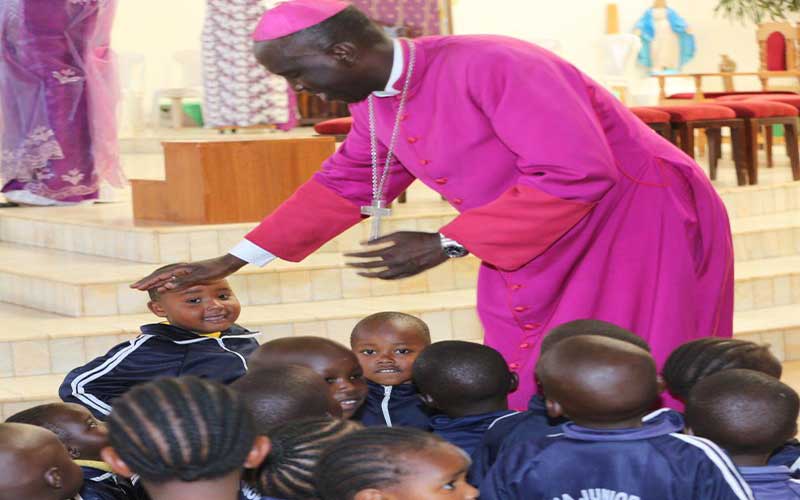×
The Standard e-Paper
Home To Bold Columnists

Bishop Dominick Kimengich of Eldoret Catholic Diocese blesses children during the Ash Wednesday mass at Sacred Heart Cathedral in Eldoret last week. [Peter Ochieng, Standard]
There are growing concerns that the Building Bridges Initiative (BBI) is degenerating into a political charade.